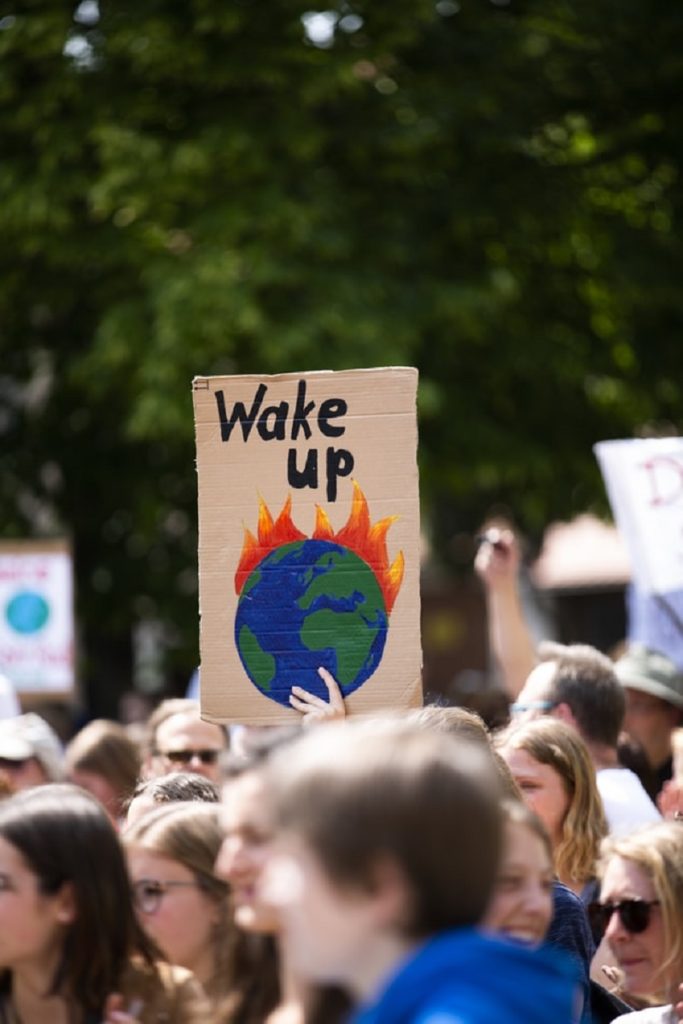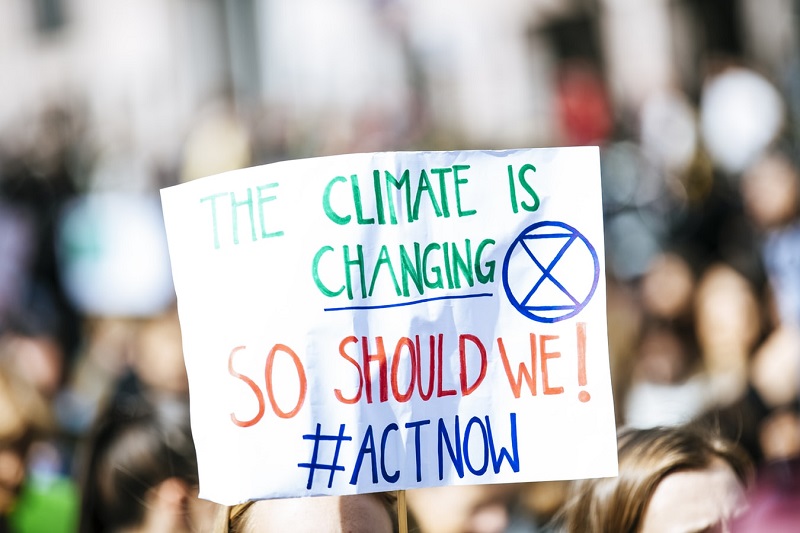The World Economic Forum (WEF) releases an annual report on the biggest risks humanity faces given the world’s state. This year, climate change represents the biggest danger for the first time since it launched in 2006.
Obviously, extreme weather is the top risk by likelihood. On the other hand, failure to address the climate crisis is the top risk in the impact category.
Environmental issues – the most common threat

Markus Spiske
In the first place, environmental issues are the most common threat as determined by WEF. It includes multistakeholder communities, the network of its advisory board, and members of the Institute of Risk Management.
Børge Brende, the president of the World Economic Forum, said:
“The political landscape is polarised, sea levels are rising and climate fires are burning. This is the year when world leaders must work with all sectors of society to repair our systems of cooperation.”
Furthermore, after the Australian bushfires, Brende added the following words:
“We have only a very small window. If we don’t use it in the next 10 years we will be moving around the deckchairs on the Titanic.”
Following climate crisis inaction, the top 5 risks by impact are:
1. Climate action failure
2. Weapons of mass destruction
3. Biodiversity loss
4. Extreme weather
5. Water crises
The top five by likelihood looks like this:
1. Extreme weather
2. Climate action failure
3. Natural disaster
4. Biodiversity loss
5. Human-made environmental disasters
Unfortunately, despite the obvious climate crisis, many governments continue to approach changes without caring for real. In some parts of the world, they see opportunities instead of warning bells.
The most dramatic effects of climate change

“States are adapting to one of the most dramatic effects of climate change – the melting of Arctic ice. Not by redoubling efforts to prevent further environmental degradation, but by exploiting the region for geostrategic advantage,” the report states.
“A new cold war is developing as countries – including China, Norway, Russia – compete for fish, gas and other natural resources. They do it for the use of new shipping lanes and to establish a strategic footprint in the region.”
But we don’t have to give up on hope. Solutions exist to these risks. For example, We just need people and governments to back them up. Researchers estimate: with US$ 300 billion, the world can stall emissions for 20 years, allowing us to handle the crisis.












































